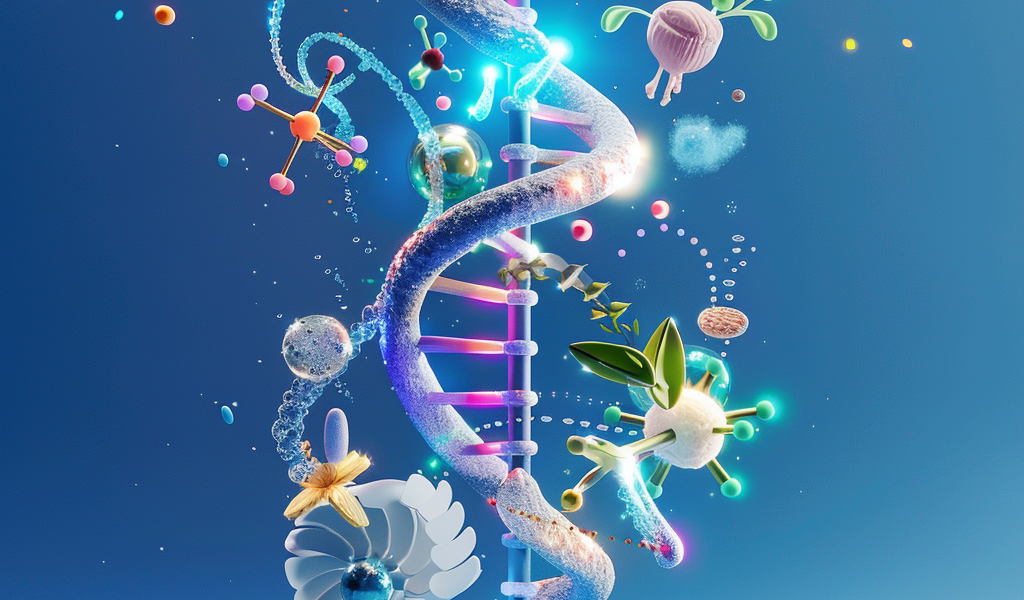A groundbreaking study has unveiled the pivotal role of a protein known as USP50 in the intricate processes of DNA replication. Conducted by an international team of researchers and published in Nature Communications, this research sheds light on how cells manage the delicate balance of enzymes required for efficient DNA replication.
Led by Professor Jo Morris from the University of Birmingham’s Department of Cancer and Genomic Sciences, the study reveals that USP50 is instrumental in determining which nucleases and helicases are utilized during DNA replication. These enzymes are essential for unwinding and cleaving DNA, ensuring that replication proceeds smoothly, especially when the copying machinery encounters obstacles and must restart.
Professor Morris stated, “Our study concerns how our cells use specific enzymes to support the typical regulation of DNA replication. We found that because there are several different enzymes involved in cleaving and unwinding, cells must regulate which ones they use so that replication can happen properly. We identified that protein USP50 is involved in this regulation.”
The research emphasizes the importance of USP50 in the maintenance of telomeres, the protective structures located at the ends of chromosomes. The findings suggest that this protein plays a critical role in not only the ongoing replication process but also in the repair and stability of genetic material, which is crucial for preventing hereditary conditions that can lead to early onset aging and cancer.
Interestingly, the study also observed that in the absence of USP50 during replication, cells resorted to using various nucleases and helicases in a disorganized manner, resulting in significant replication defects. Professor Morris remarked, “The finding that cellular nucleases and helicases can stop replication of certain sections of DNA was a surprise – it shows that cells closely coordinate their toolkit of DNA-processing enzymes to get DNA replication properly done.”
Co-author Professor Simon Reed, Co-Director of the Division of Cancer and Genetics at Cardiff University and co-founder of Broken String Biosciences, expressed his enthusiasm about the study’s implications. He stated, “I am truly honoured to have co-authored this paper published in Nature Communications, exploring the critical role of USP50 in safeguarding genome stability. This research sheds light on the complex mechanisms that protect our cells from DNA damage and highlights how these discoveries could pave the way for future studies in genetic stability and disease prevention.”
The identification of USP50’s function marks a significant advancement in our understanding of cellular processes and the maintenance of genetic integrity. As researchers continue to explore the complexities of DNA replication, the insights gained from this study may lead to novel approaches in addressing genetic disorders and improving therapeutic strategies for cancer treatment.
With the ongoing research in this field, scientists hope to unravel more about how proteins like USP50 can be harnessed to enhance DNA repair mechanisms and potentially mitigate the risks associated with genetic mutations. This could have far-reaching implications for the future of genetic research and medicine, opening new avenues for targeted therapies and preventive measures against age-related diseases and cancers.





